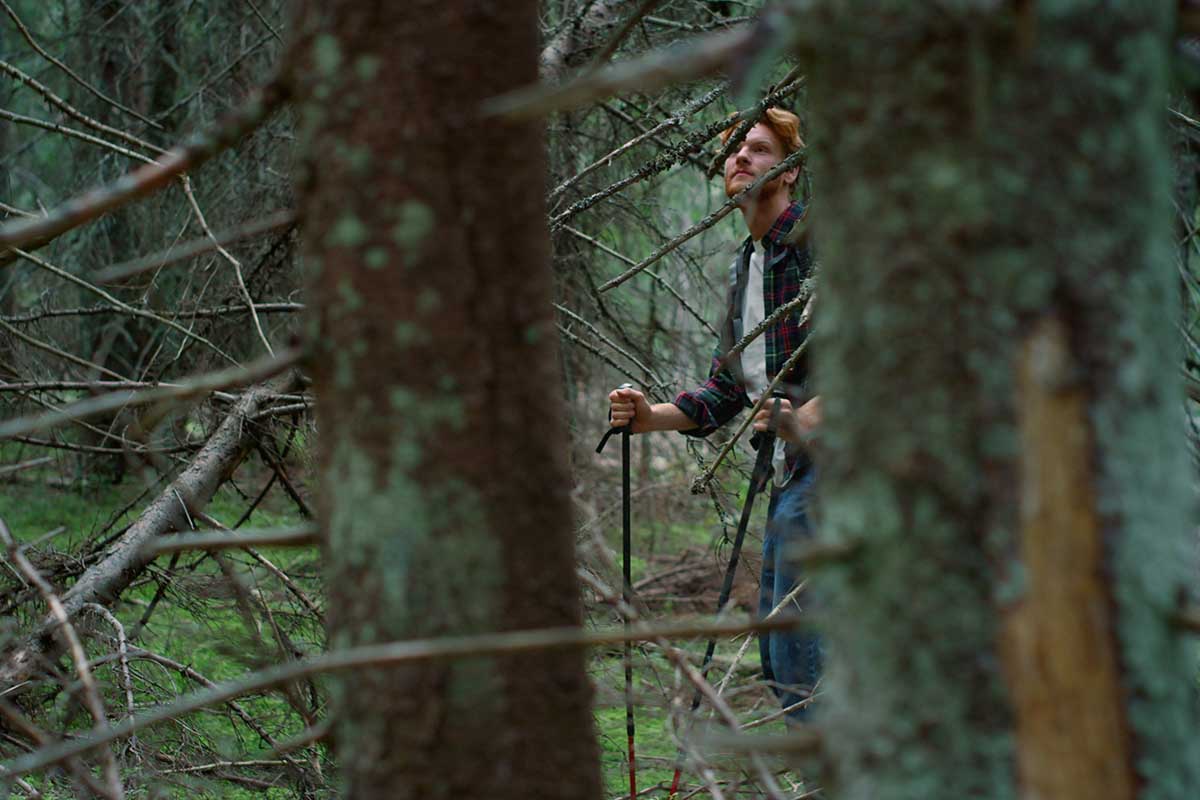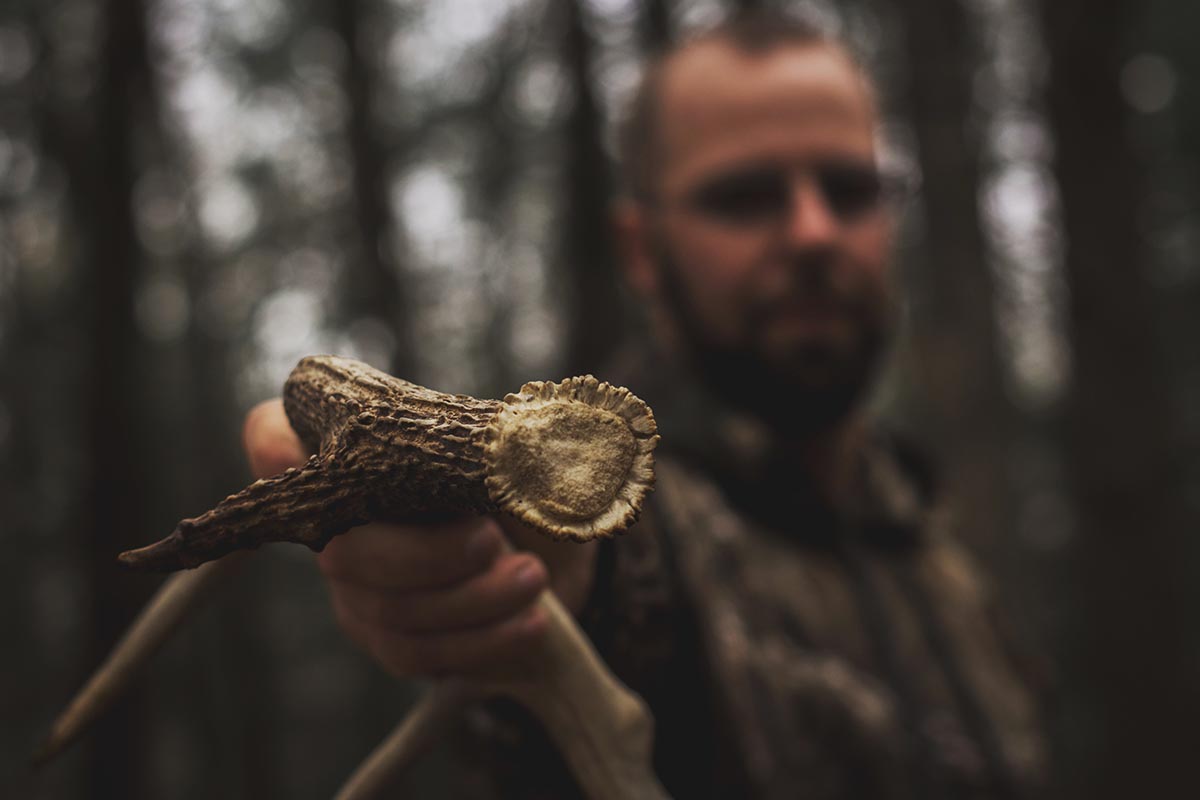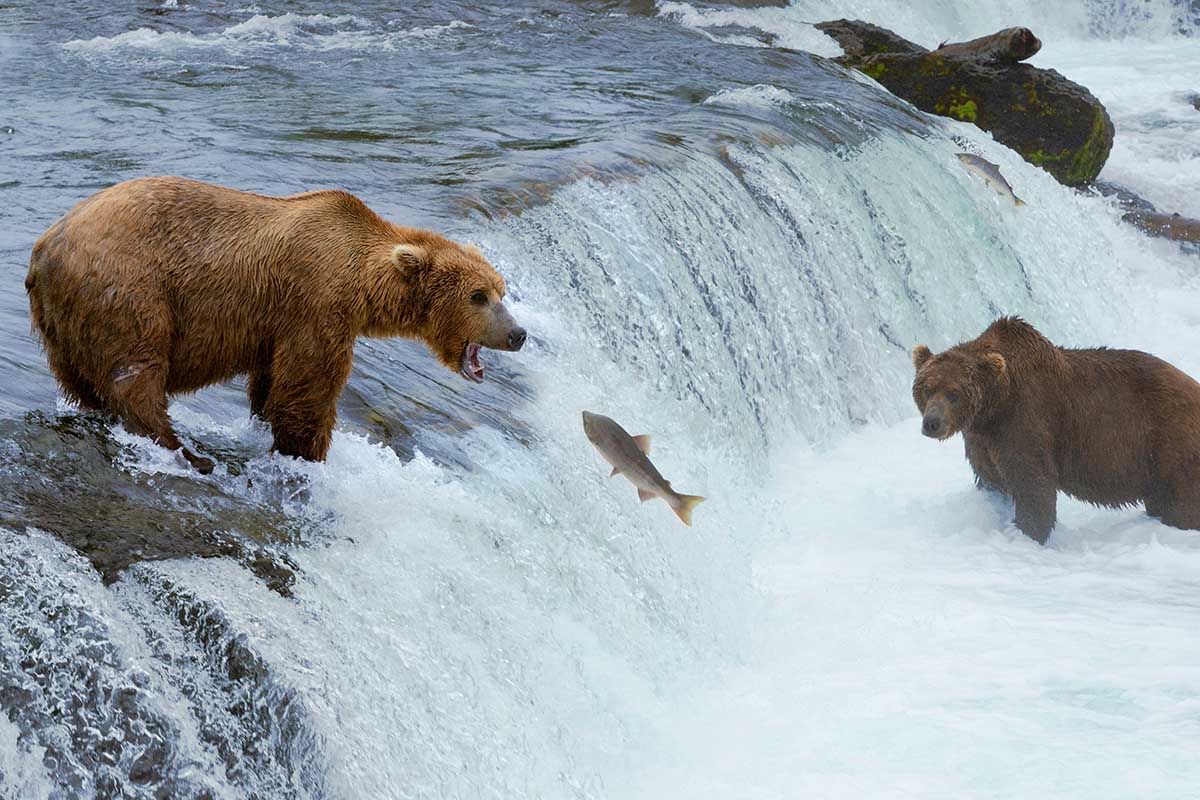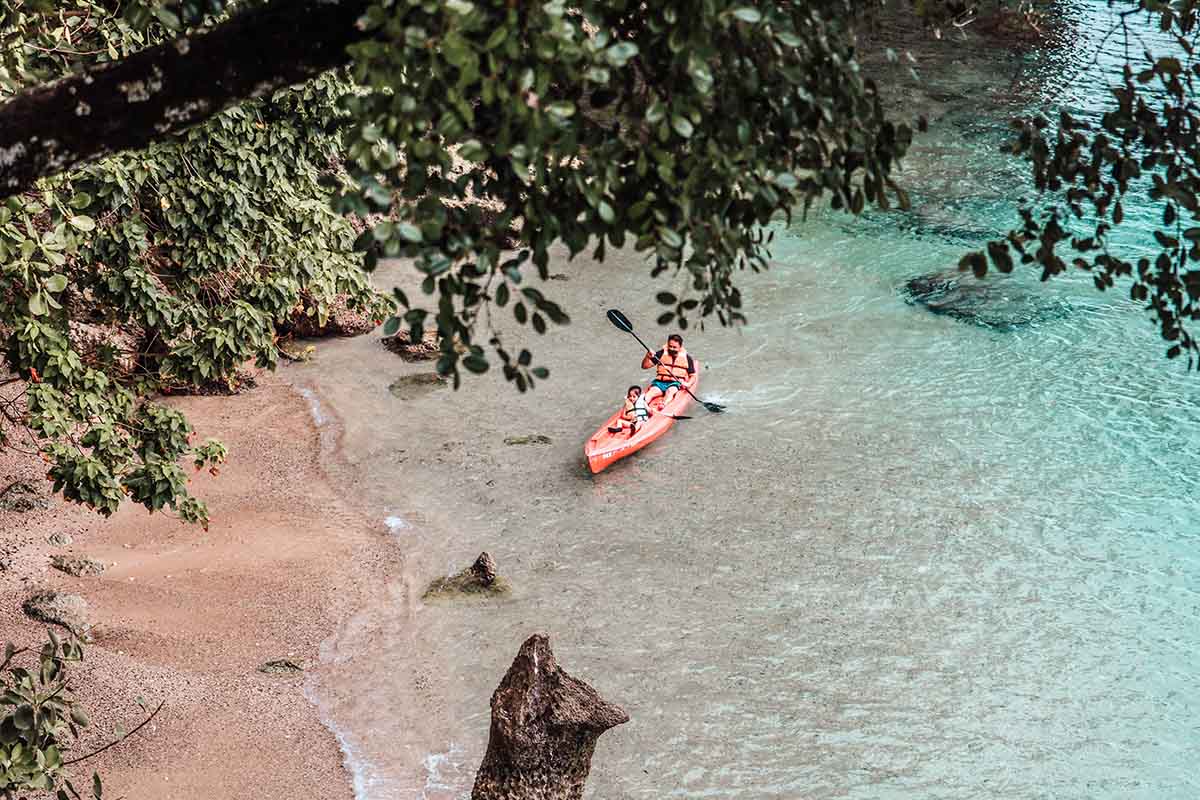Steps to Becoming a More Sustainable Hunter
Key Points
- Choose Eco-Friendly Gear: Opt for sustainable tools, avoid waste, and prioritize gear like reusable bags and precision knives for responsible hunting.
- Practice Ethical Harvesting: Take only what you need, avoid young or breeding animals, and aim for humane kills to respect wildlife and maintain populations.
- Support Conservation Efforts: Buy licenses, join restoration projects, and share knowledge to protect ecosystems while promoting sustainable hunting practices.
Hunting is more than just a pastime, it’s a tradition that connects us to nature and its cycles. But with great privilege, comes great responsibility – to protect the very ecosystems we rely on.
Sustainable hunting is about striking a balance between your love for the hunt and your duty to conserve wildlife.
By adopting eco-friendly and ethical approaches, hunters can ensure that their passion supports, rather than harms, the environment.
In this article, we will discuss five steps that you can take to become a more sustainable hunter.
Choose the Right Gear
The tools you use in the field can have a significant impact on the environment.
Opt for gear made from sustainable or recycled materials as much as possible.
You may even be able to find reusable alternatives like silicon game bags or durable water bottles.
You’ll also want to have the right tools to skin/field dress your game correctly as this prevents unnecessary waste.
Montana Knife Company has a great selection of knives available, including the Elkhorn Skinner, which offers both precision and strength. You can read more about it here.
Practice Ethical Harvesting
Speaking of waste, it’s important that you practice ethical harvesting. This includes only taking what you plan to use and ensuring that no part of the animal is wasted.
A few other guidelines to follow include:
- Avoid shooting young or breeding animals, as these are crucial for maintaining population stability.
- Aim for a clean, humane shot to minimize the animal’s suffering.
- Learning traditional hunting methods.
By harvesting ethically, you’ll not only uphold populations but gain a deeper respect for the animals and hunt itself.
Minimize Your Environmental Footprint
When you’re out in the field, try to leave no trace of your presence. This includes packing out all trash – whether it’s biodegradable or not.
Additionally, stick to established trails and avoid damaging sensitive habitats. Planning a trip closer to home will also reduce your overall carbon footprint as it reduces your travel time on the road.
Support Conservation Efforts
Sustainable hunting is closely intertwined with conservation. One of the most impactful ways to contribute is by purchasing state hunting licenses and stamps, which help fund habitat restoration and wildlife management programs.
You can also volunteer for different conservation projects, such as habitat cleanups or tree-planting initiatives. Supporting these organizations is an excellent way to give back to the world around you.
Educate Yourself and Others
Lastly, sustainability starts with awareness. Take the time to learn about the local species, ecosystems, and hunting practices that can positively/negatively impact the environment.
Share what you’ve learned and encourage family and fellow hunters to adopt these practices. This will not only ensure healthier ecosystems but also dispel public misconceptions about hunting.
Final Words
Becoming a more sustainable hunter benefits both the environment and the hunting community. By making small but effective changes, you can ensure that your passion contributes to both wildlife preservation and ethical practices.





















